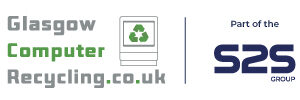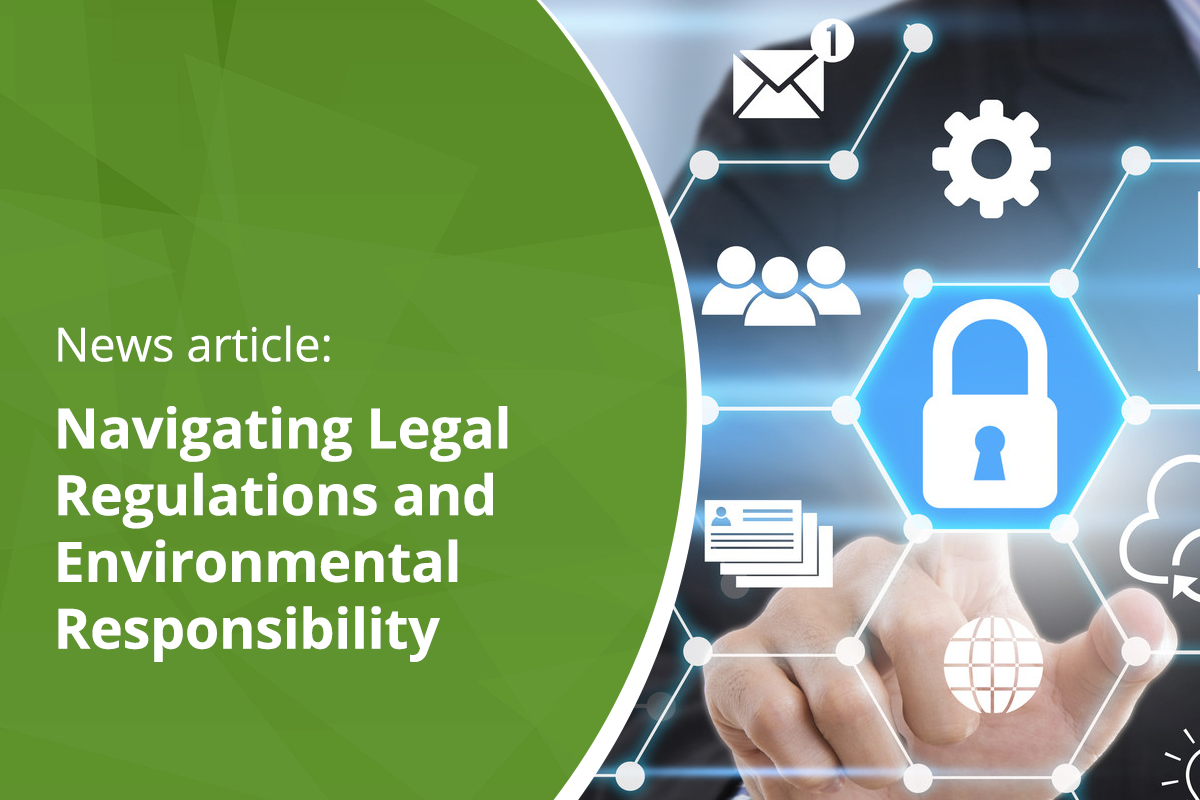Table of Contents
In the ever-evolving landscape of technology, the responsible disposal of electronic equipment has become imperative, not only for environmental sustainability but also to uphold legal regulations and obligations.
Two key regulations, the Waste Electrical and Electronic Equipment (WEEE) Regulations and the General Data Protection Regulation (GDPR), stand as pillars of compliance in the realm of IT equipment disposal.
WEEE Legal Regulations: Safeguarding our Environment
Adherence to the WEEE Regulations is a non-negotiable requirement. These regulations are designed to prevent the haphazard disposal of waste IT equipment, ensuring that it is correctly managed through approved channels.
Disposing of redundant computers and electronic devices demands a meticulous approach. Such equipment must be entrusted to licensed entities, with a Waste Transfer Note issued to document the lawful transfer of waste.
This procedure enables companies to meet their obligations under WEEE Regulations, averting the risk of fines and legal actions pursued by the Environment Agency.
In the spotlight of contemporary environmental concerns, the conscientious disposal of equipment holds paramount importance.
By following WEEE Regulations, businesses contribute to a more sustainable future while maintaining legal compliance.
Data Protection Act and GDPR: Safeguarding Sensitive Information
In the digital age, safeguarding sensitive data is a cornerstone of business ethics. The General Data Protection Regulation (GDPR) mandates UK businesses to rigorously adhere to data protection principles.
These principles encompass the handling, storage, and disposal of data that identifies living individuals. While definitions might at times be intricate, the Information Commissioner’s Office website offers invaluable guidance on the matter.
Disposal of redundant IT equipment introduces an inherent vulnerability for data breaches. This is where Glasgow Computer Recycling’s secure disposal services shine.
By prioritising data security, these services not only align with GDPR principles but also shield businesses from the escalating fines associated with data breaches.
The partnership between secure disposal and GDPR compliance ensures the integrity of sensitive data remains intact.
The Role of Certification: Proof of Compliance with Legal Regulations
The journey to compliance does not end with disposal; it extends to validation. Certificates of Destruction, provided by Glasgow Computer Recycling, assume a pivotal role.
These certificates serve as tangible proof that data has been securely destroyed, reinforcing a company’s commitment to data protection and environmental responsibility.
In the interconnected world of legal regulations and environmental stewardship, the nexus between WEEE Regulations and GDPR compliance highlights the evolving responsibilities of businesses.
As technology propels us forward, the ethical and legal dimensions of electronic waste management remain constant.
By embracing these regulations, businesses not only navigate the complexities of our digital era but also pave the way for a sustainable and secure future.
Contact Glasgow Computer Recycling
Partner with Glasgow Computer Recycling for secure disposal solutions that align with WEEE Regulations and GDPR principles.
Furthermore, discover how Certificates of Destruction can reinforce your commitment to data security and sustainability.


